2.12 Billion
335 Million
$189 Billion
9.8 Billion
Discover our cutting-edge soil-water conservation biotechnology solutions for managing organic waste in your operations. Whether you operate a livestock farm, a food or beverage business, an industrial-scale facility, or handle municipal wastewater treatment, we offer tailored solutions to meet your needs. Learn how we can assist you in treating excess waste nutrients and transforming waste into a sustainable resource.

Agricultural Farm Operation
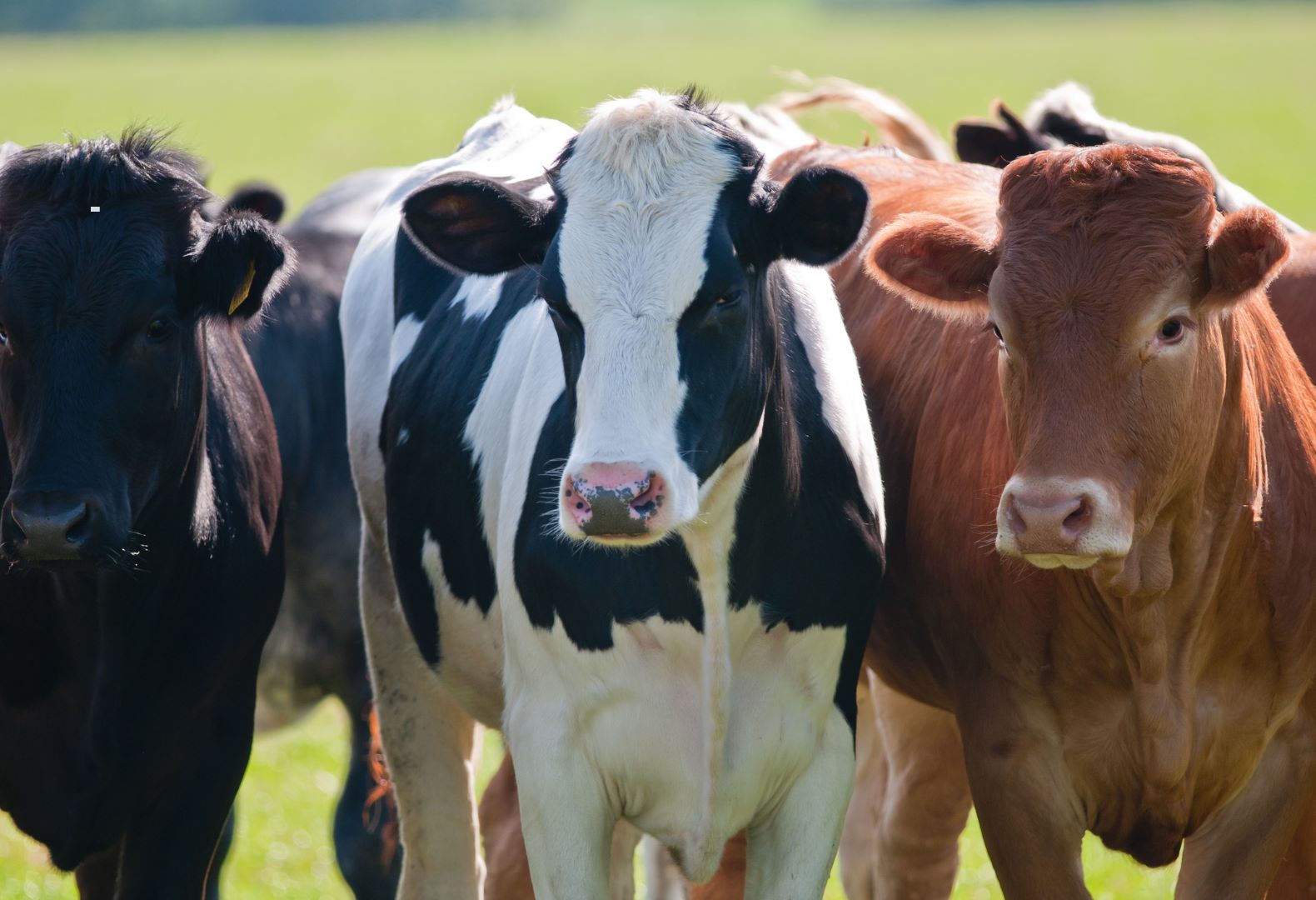
Livestock Farm
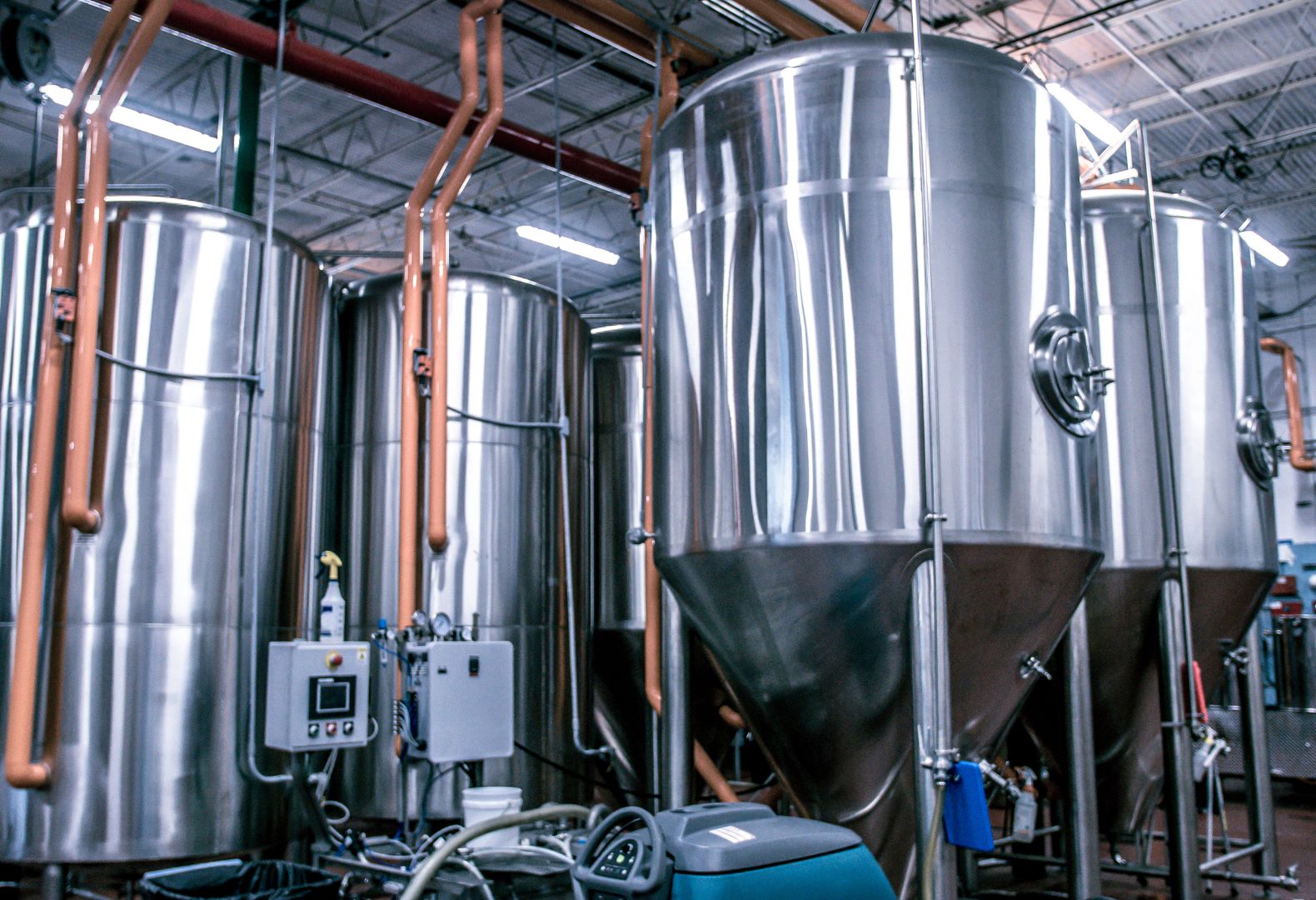
Creameries, Breweries, & Distilleries
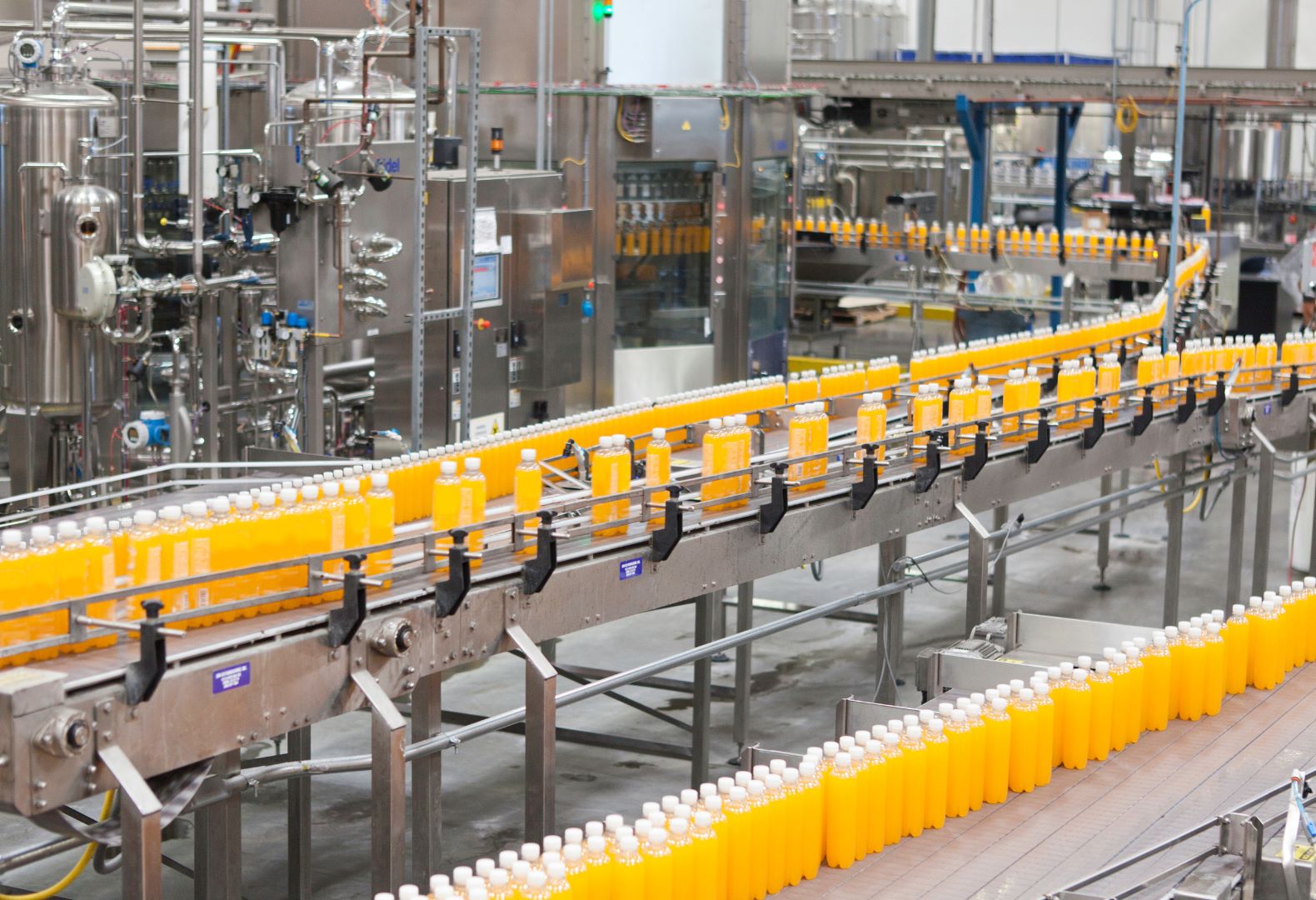
Food & Beverage
Discover our cutting-edge solutions for managing organic waste in your digester operations. Whether you operate partial or complete mixed digesters, wet (low-solids) or dry (high-solids) systems, or batch or continuous flow digesters at farms, wastewater facilities, or food industry operations, we offer tailored solutions to meet your needs. Learn how we can assist you in treating excess waste nutrients and transforming liquid waste into a sustainable resource.
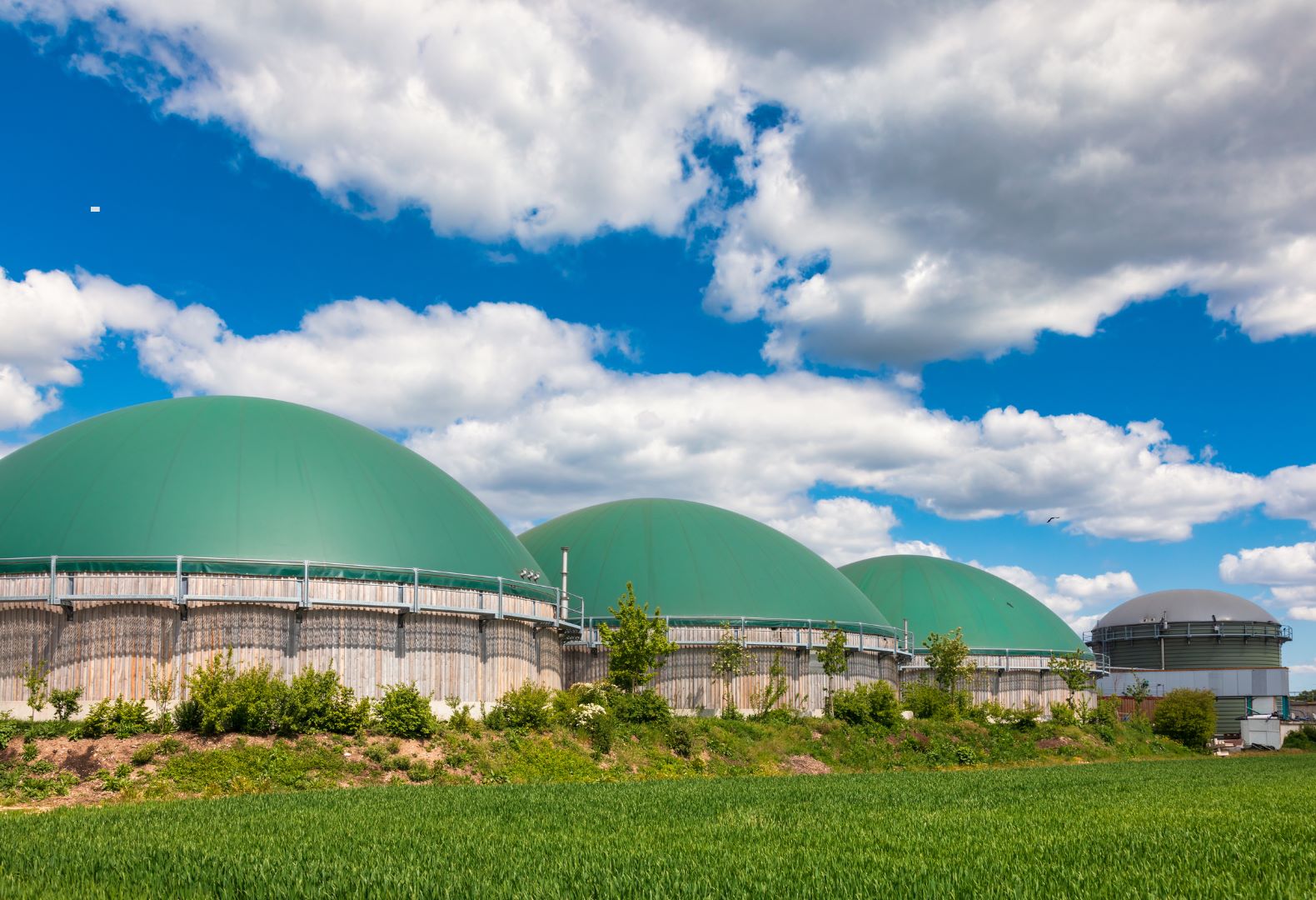
Farm & Food Digesters
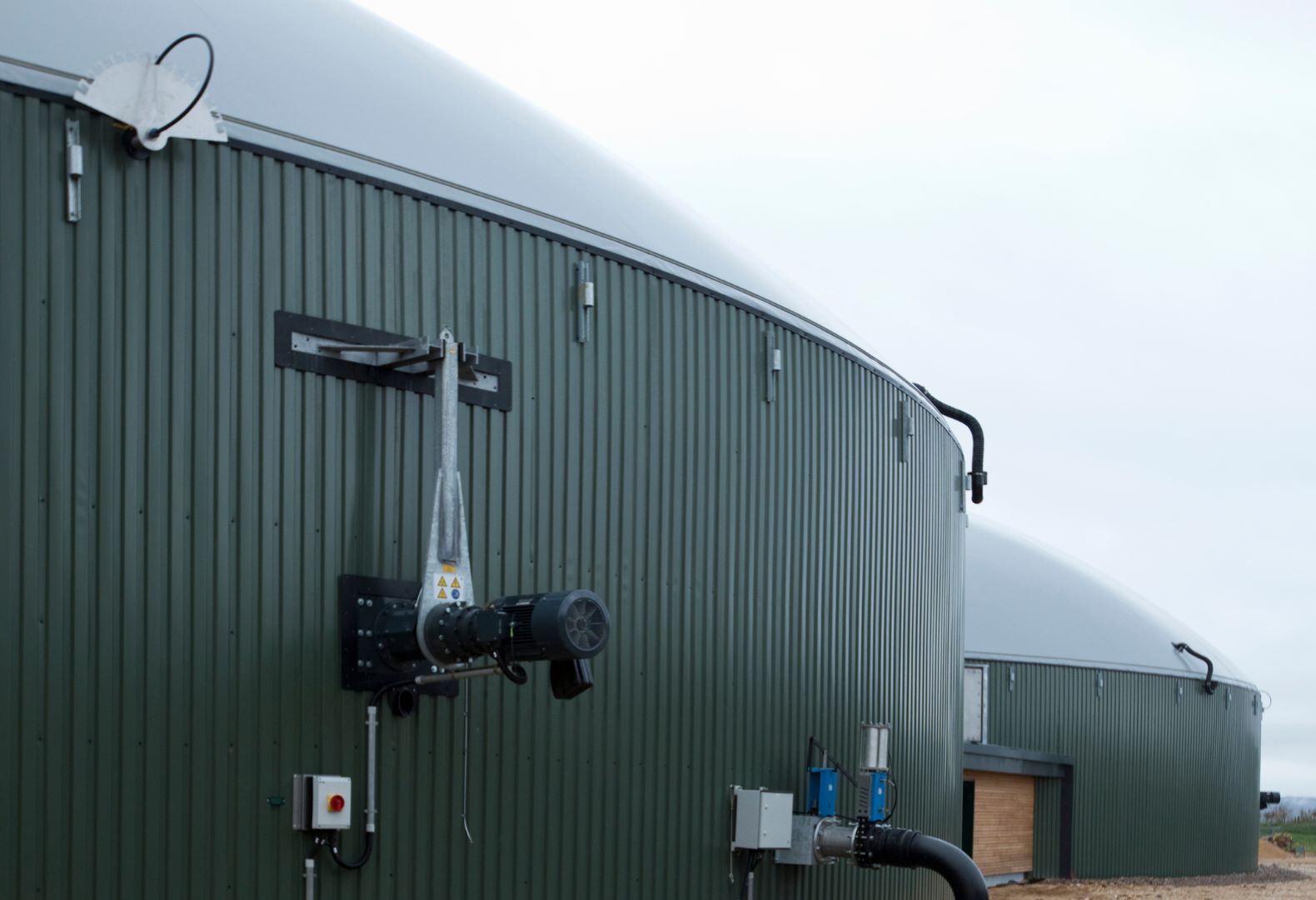
Industrial Digesters
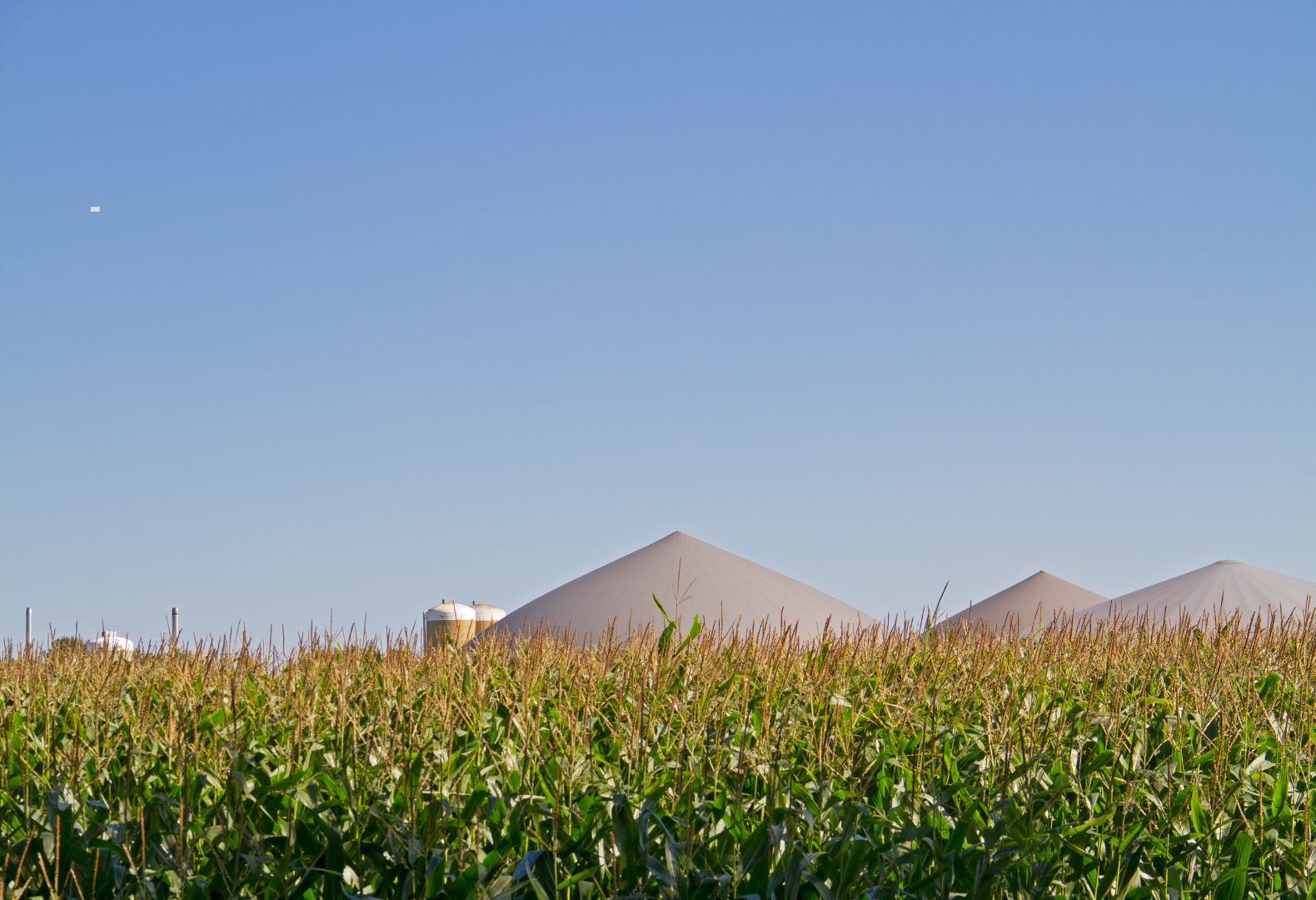
Agricultural Digesters
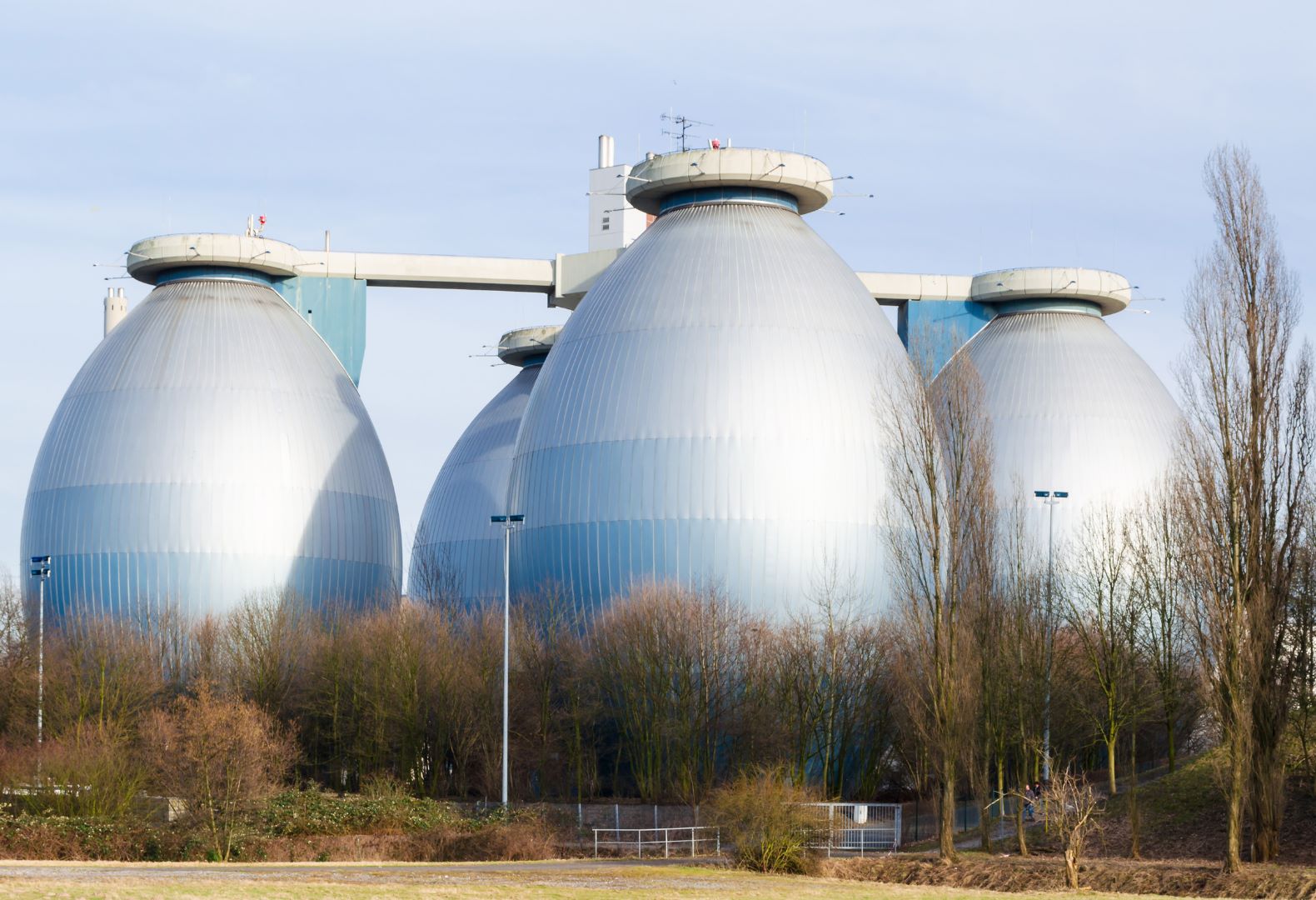
Municipal Digesters
Discover our cutting-edge solutions for managing organic waste runoff rich in nutrients, we offer tailored solutions to meet your needs. Learn how we can assist you in treating excess waste nutrients and transforming liquid waste into a sustainable resource.
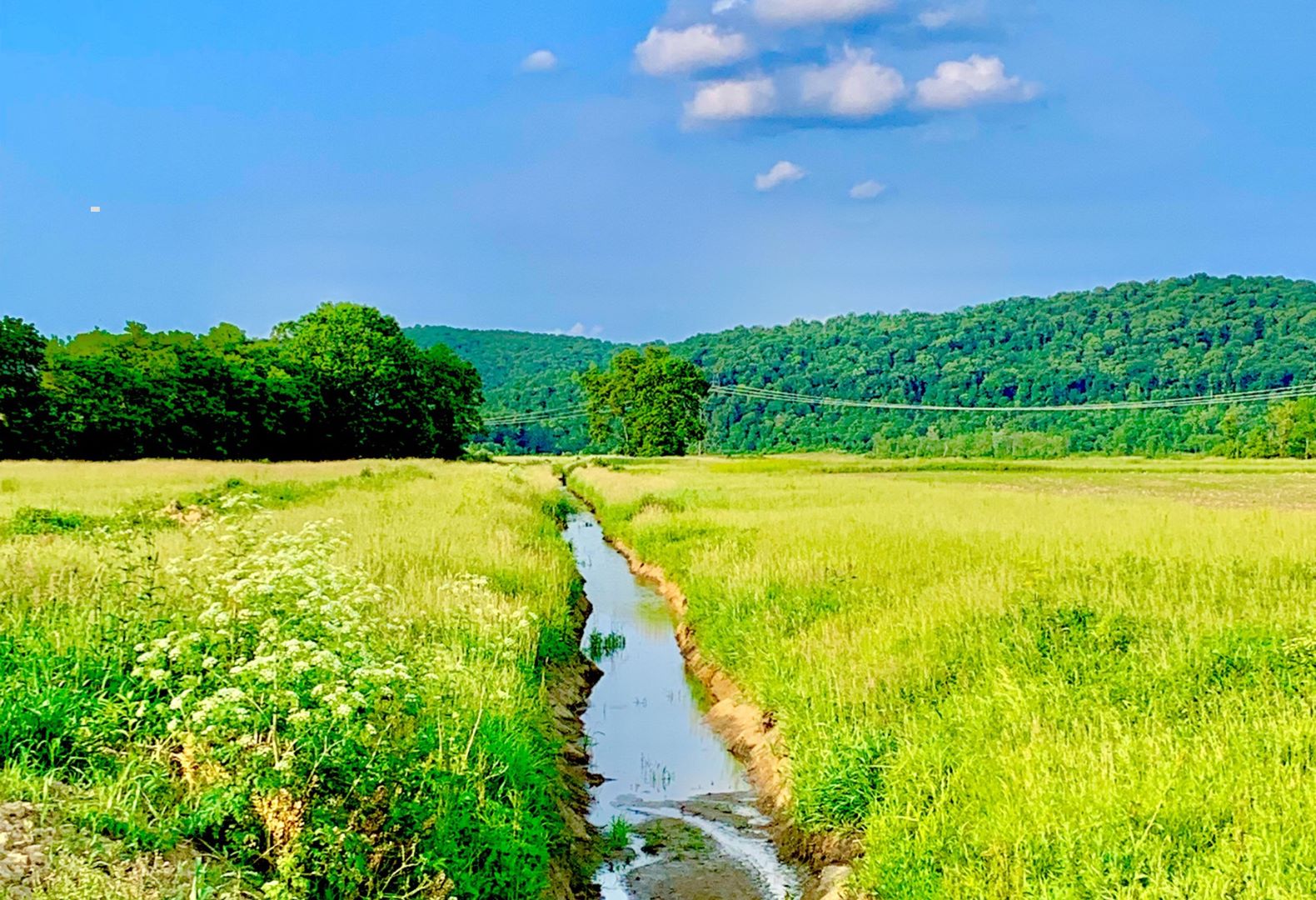
Farm Nutrient Runoff
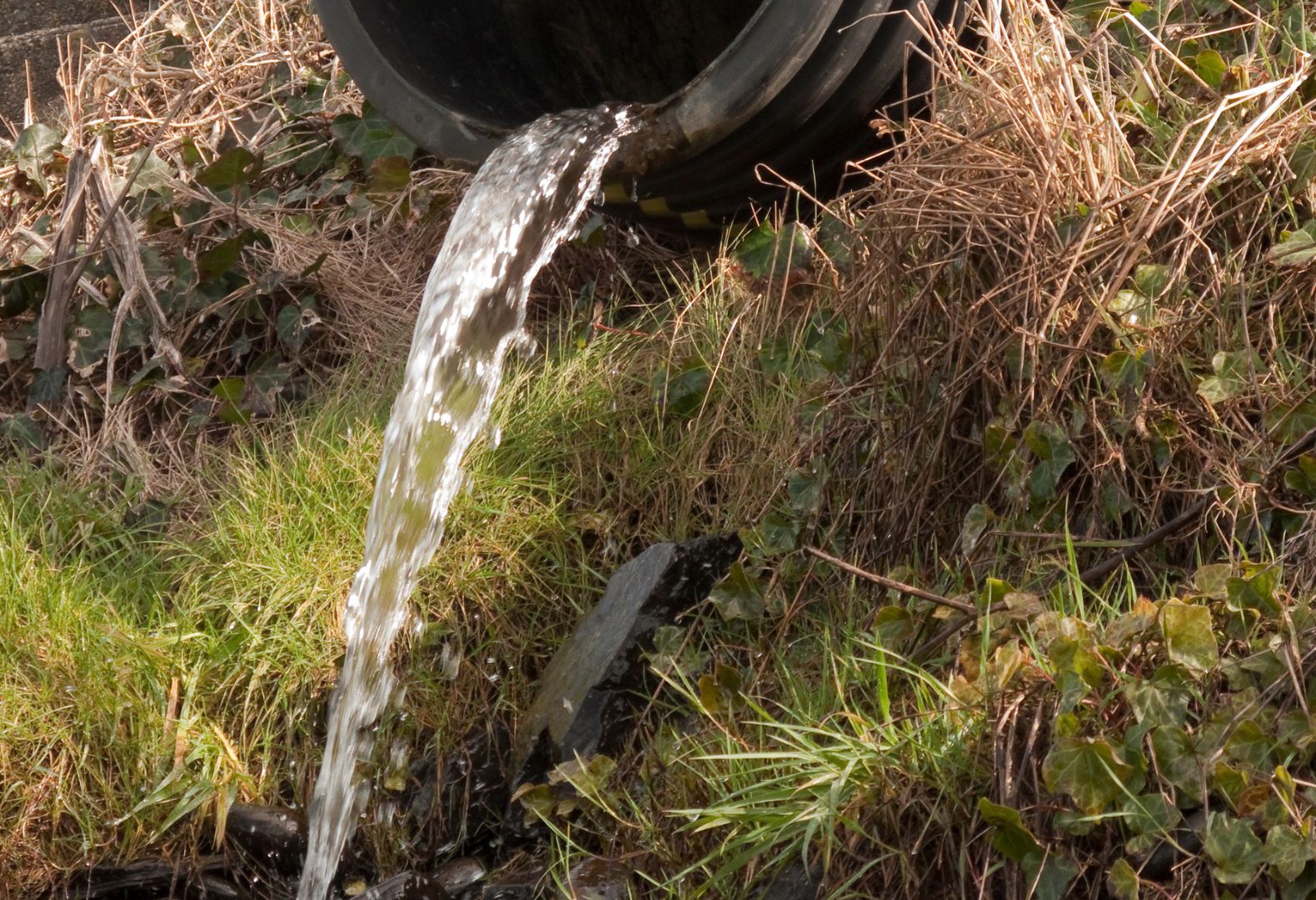
Industrial Nutrient Runoff
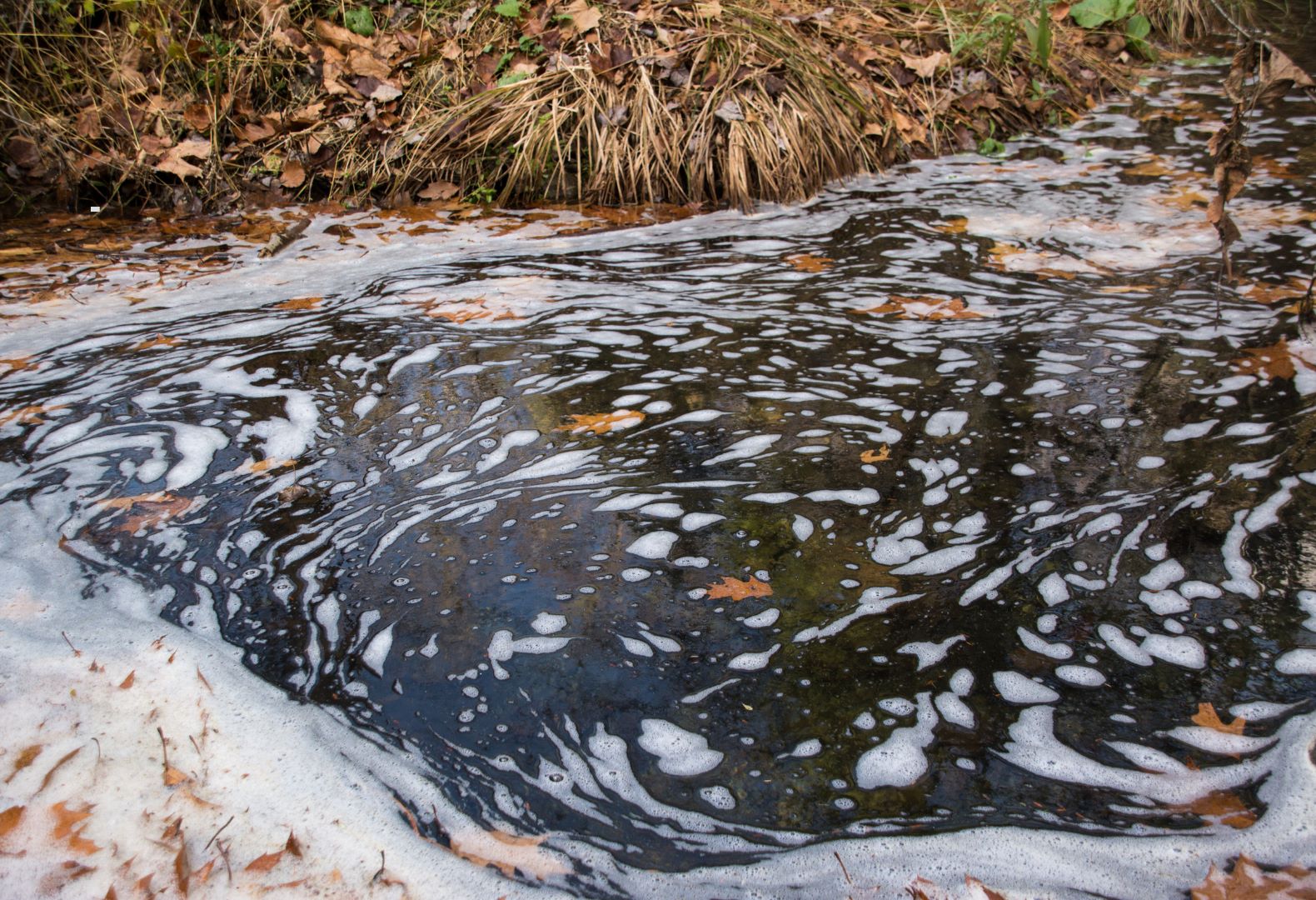
Agricultural Nutrient Runoff

Nutrient Runoff to Lakes and Streams
GSR's process converts excessive waste nutrients into certified organic fertilizers , agricultural biologicals , and other soil amendments , agricultural biologicals, and other soil amendments for food producers and gardeners. For organic fertilizers, our patented technology outputs fertilizers that are balanced and complete, containing all three of the major nutrients, Nitrogen (N), Phosphorus (P), and Potassium (K) to provide food producers and gardeners with a solid form of fertilizer for supplementing soil nutrients and building soil fertility. Unlike inorganic or chemical fertilizers, fertilizers from our process provide other secondary micronutrients (calcium, magnesium, etc.) and trace elements in addition to the primary NPK nutrients for healthy growth of plant leaves, stems, roots, and resistance to diseases promoting healthy fruits and vegetables as well as overall plant growth. Our process also outputs agricultural biologicals ( biopesticides , biofertilizers and biostimulants). These products have demonstrated strong yield performance in independent trials, and several are already available in the market.
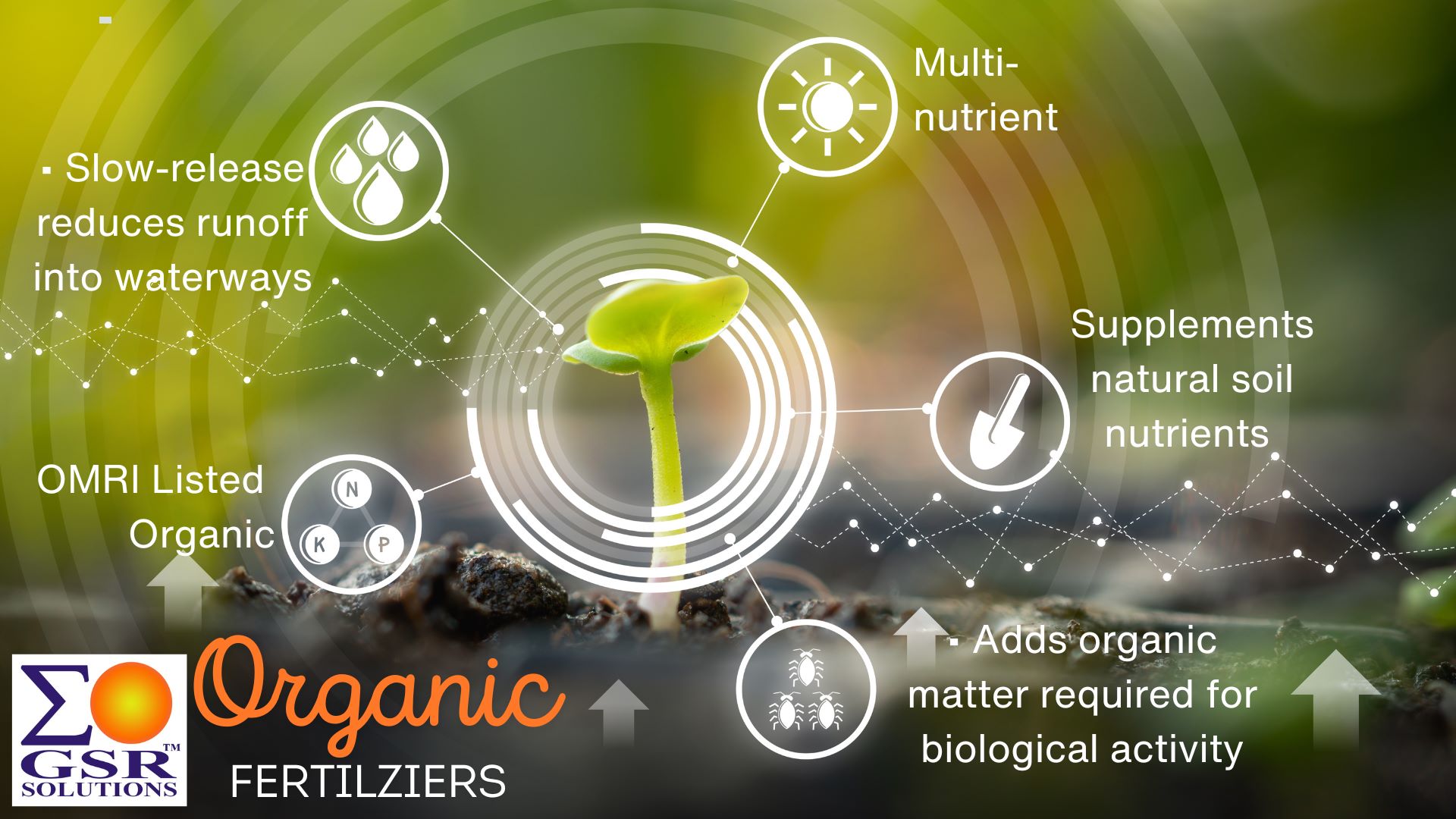
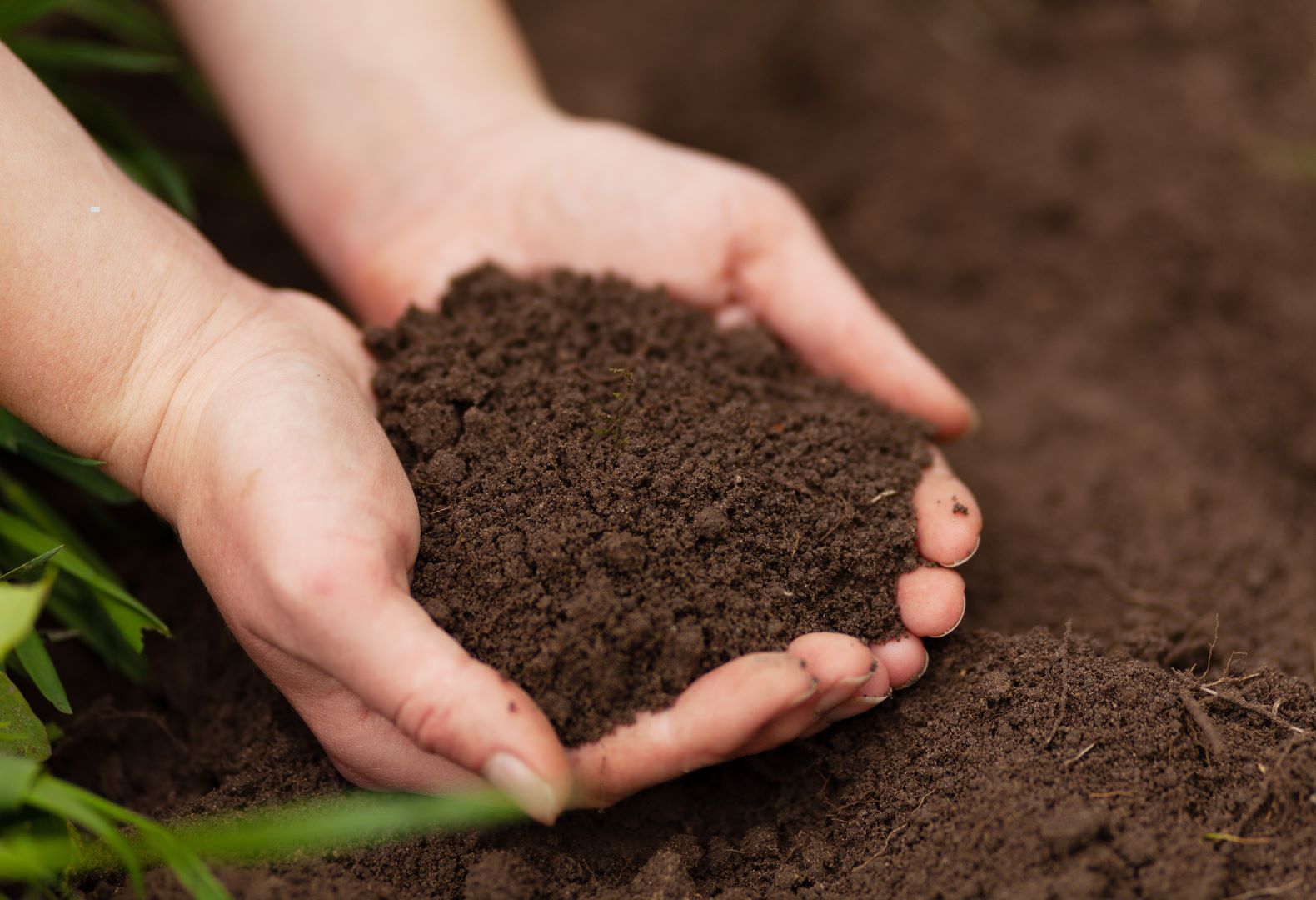
Organic Fertilizers
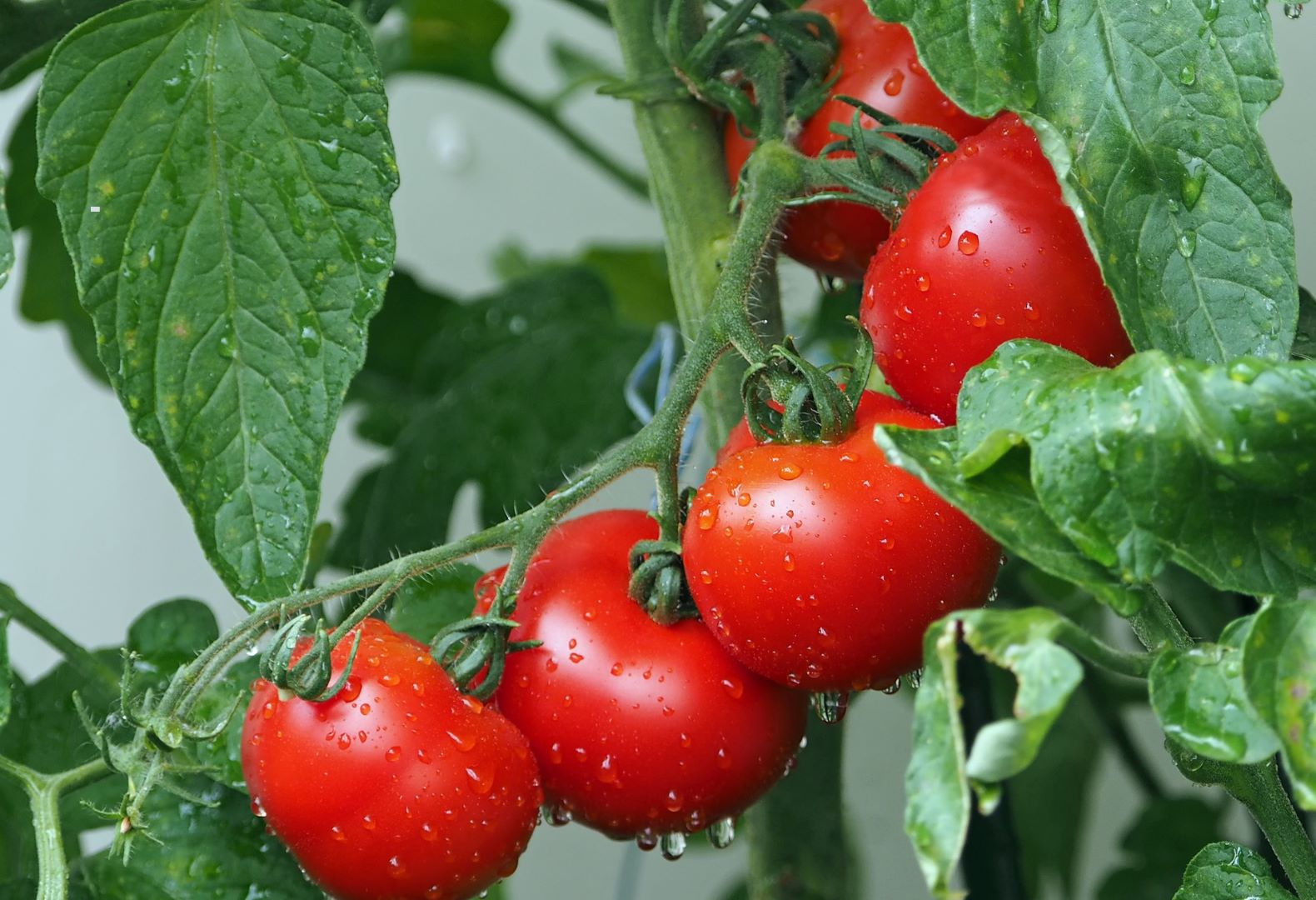
Organic Produce
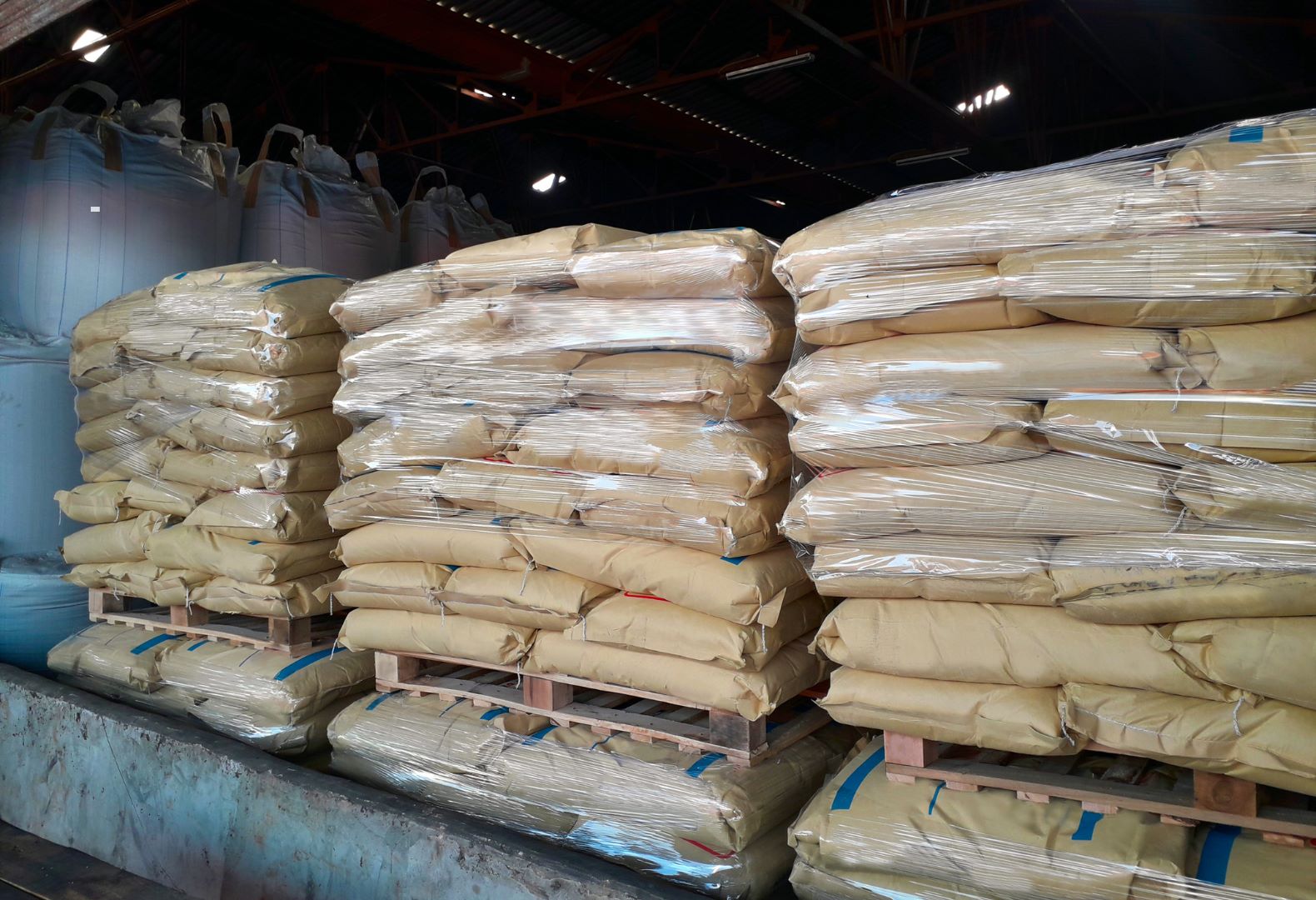
Organic Fertilizers
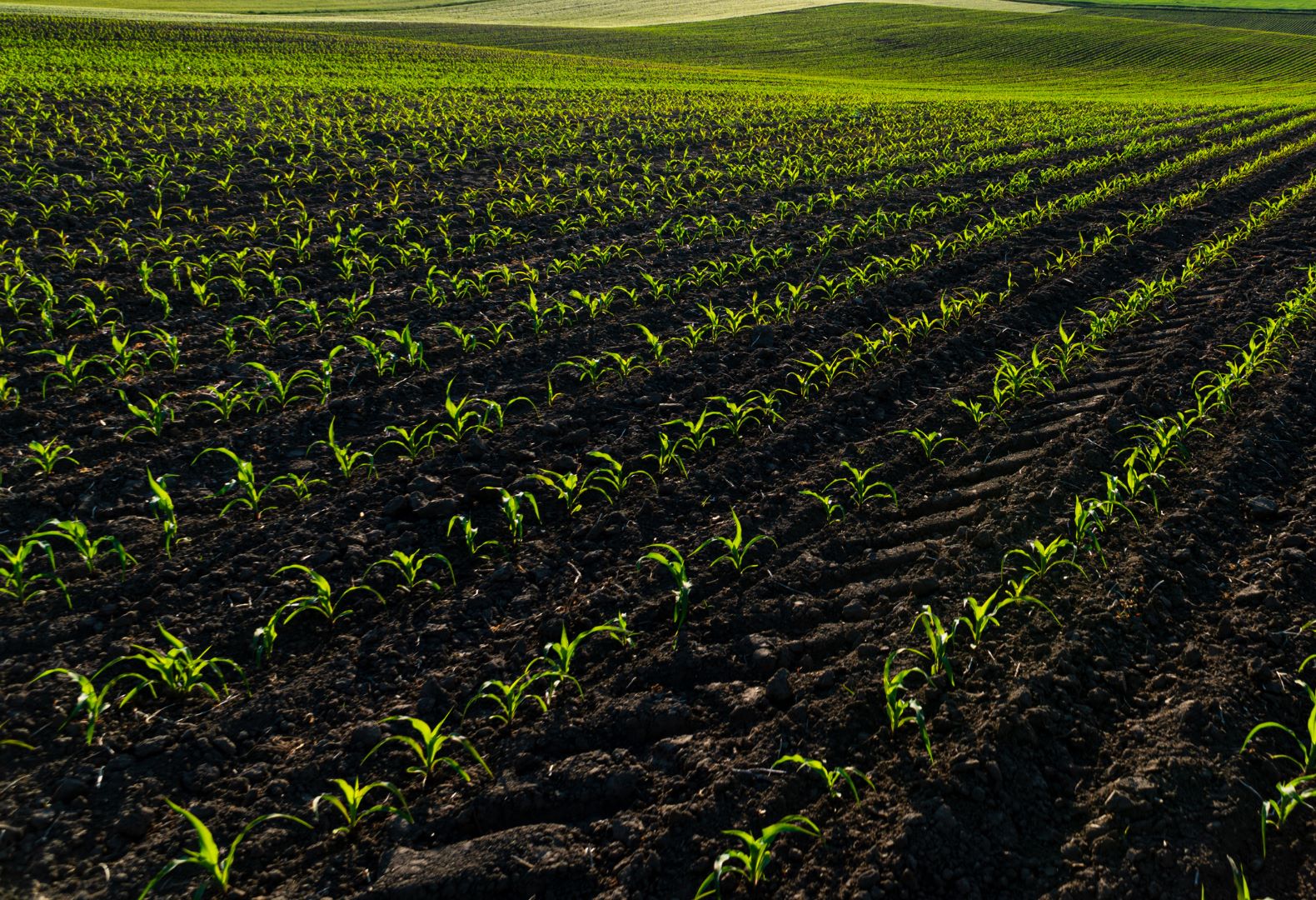
Organic crop
GSR's innovative process transforms clean organic waste streams into high-margin antioxidants and supplements, catering to rapidly growing markets. The global animal feed and nutraceutical markets are expected to experience significant growth due to consumers' increasing preference for healthy, nutritious foods, dietary supplements, and beverages. Our process uniquely benefits the nutraceuticals market, which encompasses a wide range of products, including food supplements, antioxidants, high-protein additives, and oils. Additionally, we are developing protein feed supplements for livestock animals. Our algal-based products, rich in essential nutrients, include:
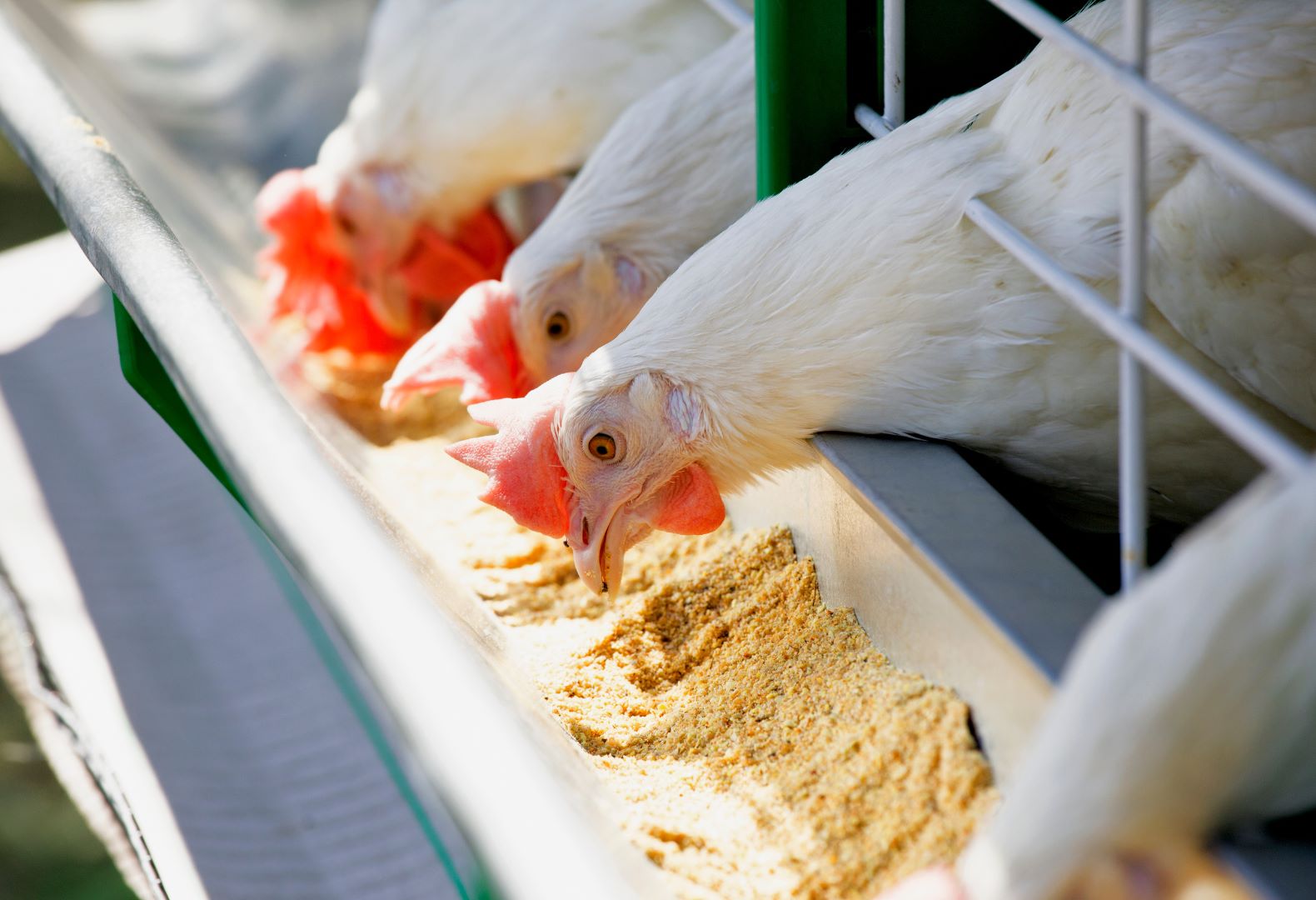
Animal Feed
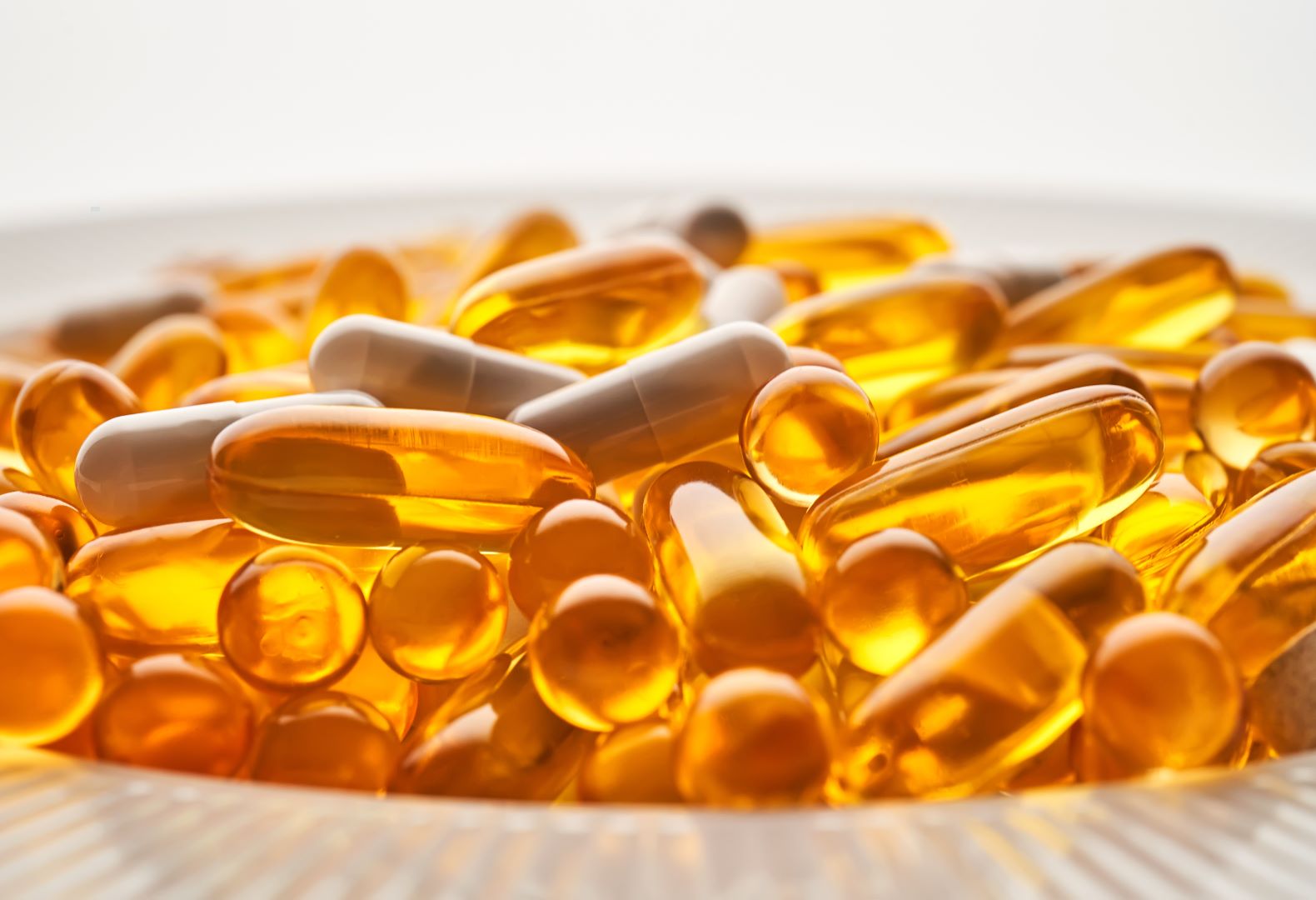
Nutraceutical Supplements
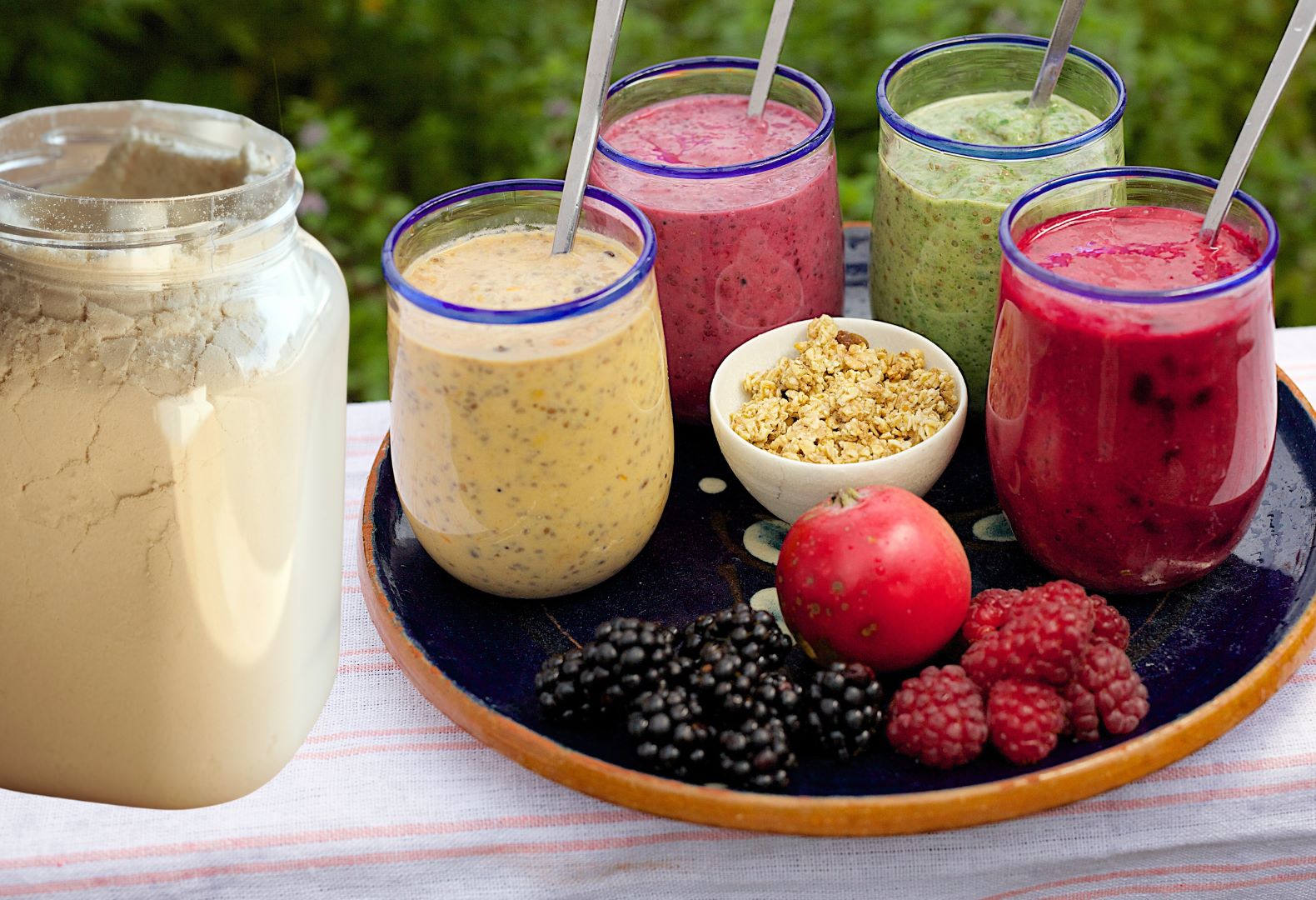
Protein Supplements
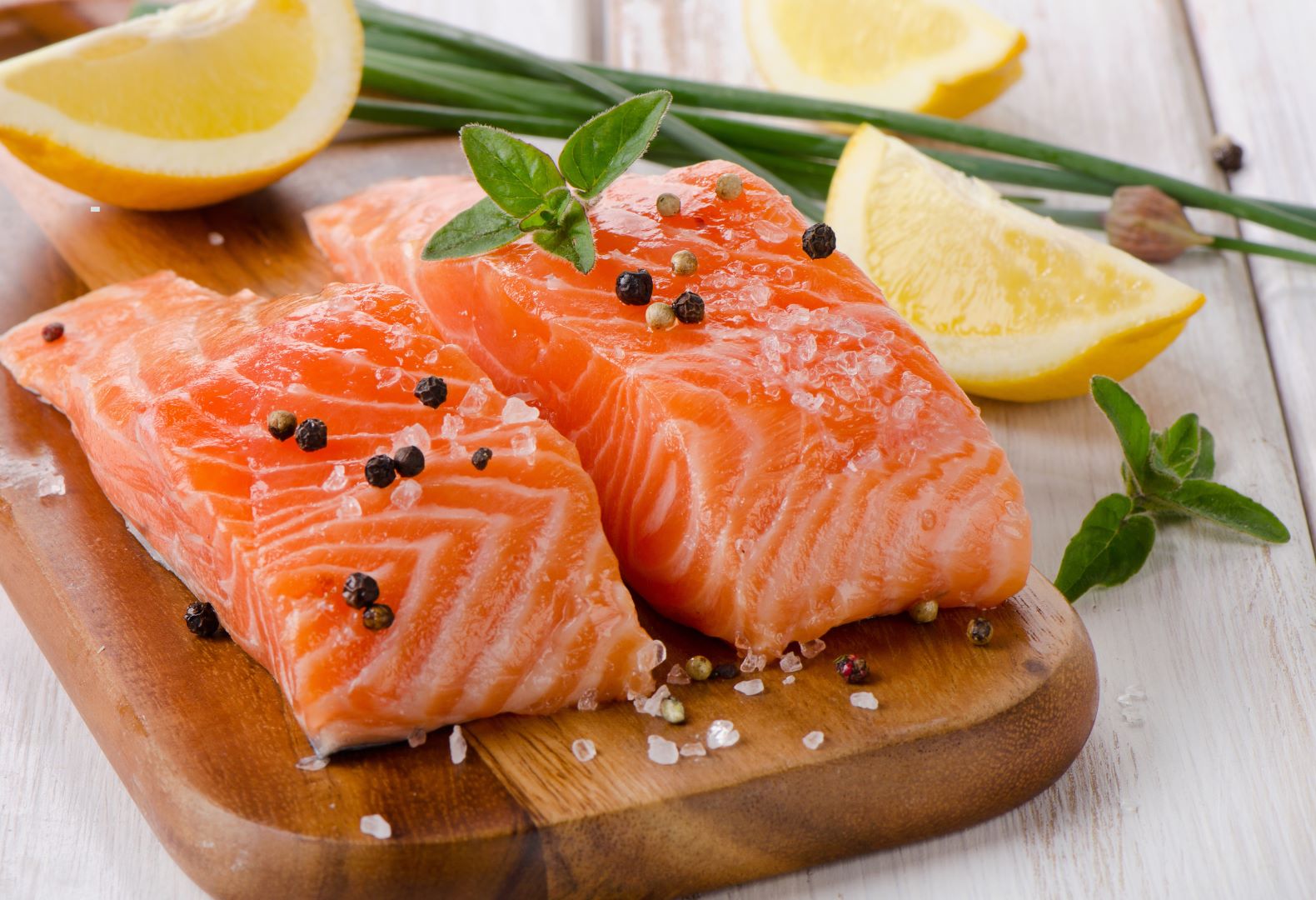
Salmon Coloring
The GSR-BOLTTM system enhances the economic and environmental performance of digesters designed for power and/or renewable natural gas production. By creating marketable value-added products from low/no-value digestate produced by digester systems, we turn waste into profit.
Vision for Sustainable Fuel: Our vision is to produce 'drop-in fuel' from recovered nutrients that can compete with the fossil fuel/oil market. Oleaginous algal-based drop-in biofuels have garnered interest from oil companies ... since the two-decade-long Aquatic Species Program launched in 1978 by President Jimmy Carter with a $25 million US DOE grant. . Technologies have progressed worldwide, bringing us closer to the vision of growing algae fuel and reducing dependence on limited oil supplies affected by regional conflicts. With our waste-to-value technology, we are uniquely positioned to reduce the cost of liquid fuel production, as demonstrated in our Farm to Fly project supported by fuel end users.
This vision aligns with broader efforts to scale sustainable aviation fuel (SAF) from agricultural and waste feedstocks.

Jet Fuel / SAF

Bio Molecules
Development of Bioplastics Algal-based bioplastics are in the early stages of development to meet the high demand in the bioplastics sector. Various bio-plastic opportunities in the market include cellulose-based plastics, poly-lactic acid, and bio-polyethylene. Our waste-to-value technology elevates this option to the next level, providing biodegradable alternatives to conventional plastics.
Emerging Chemical Molecules A new world of chemical molecules is emerging from algal-based feedstock inputs, including: Bio-succinic acid (an alternative to phthalic anhydride, adipic acid, and maleic anhydride) Arabinitol Aspartic acid Glucaric acid Levulinic acid Malic acids Sorbitol Succinic acid Xylitol We are collaborating with our partners to bring this potential to the market, harnessing the full range of chemical molecules derived from algae.
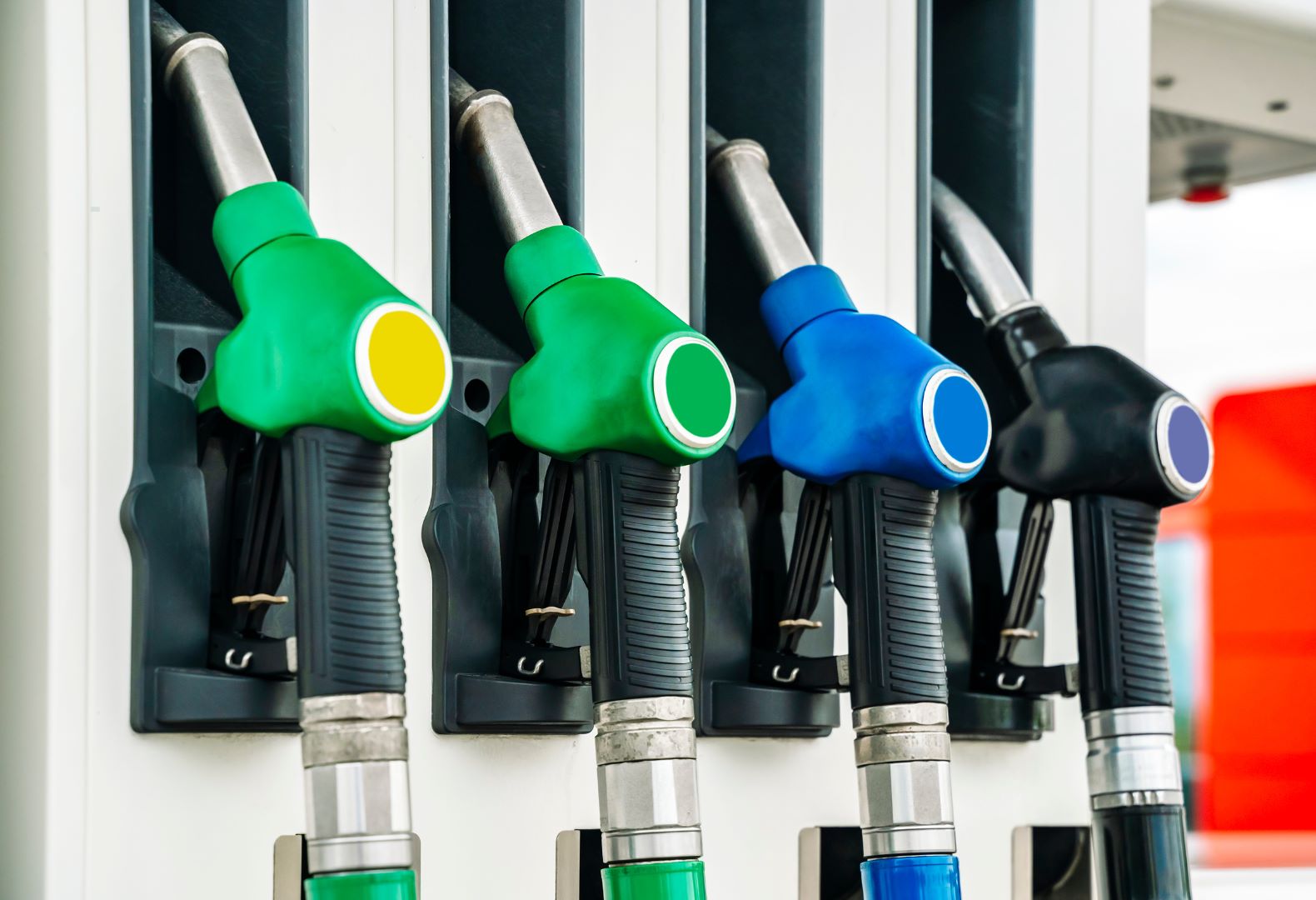
Biodiesel
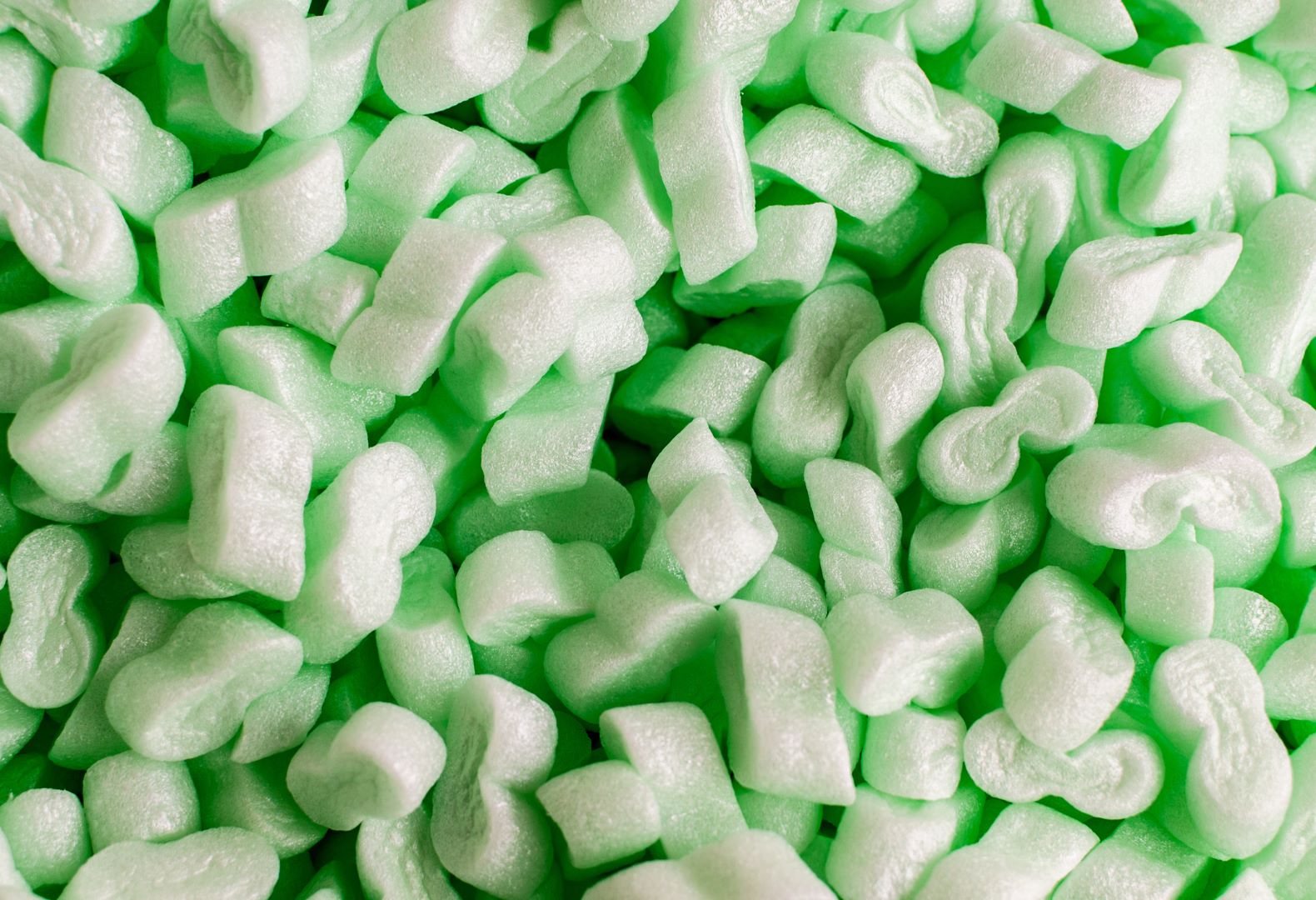
Bio Packaging